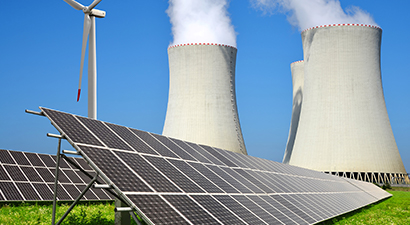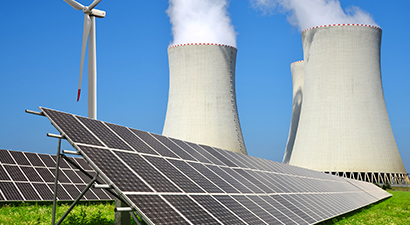Environmental, Health and Safety Audits: Are Your Ducks in a Row?
By the Environmental Law team
Company management cannot overlook the importance of ensuring that its Environmental, Health and Safety (“EHS”) management stands up to close examination and meets regulatory standards and global best practice, including OHSAS 18001 and ISO 14001 certification. As part of the ISO standards, industries are required to conduct EHS legal compliance audits. This includes industries such as pharmaceutical, food and beverage, chemical, fertilizer, cement, sugar, automotive, manufacturing, construction, pulp and paper, mining and mineral, oil and gas, water, and power.
With so many companies required to be EHS complaint (which includes compliance with all the relevant legislation and regulations), it is surprising how many companies are still either non-compliant or battling with EHS compliance obligations.
All lawful businesses need to operate within the framework of applicable law, and thus have a legal duty to comply with all legislation applicable to their operations. The consequences and penalties for non-compliance include those prescribed in legislation, the issuing of directives, admission of guilt fines, confiscation orders, stoppage orders and personal criminal liability. These can impact negatively on the financial position of your operation, affect your company’s reputation, and lead to job losses.
In the past few years, not only has the number of laws pertaining to EHS increased, but they have brought with them an increase in complexity in terms of requirements and increased enforcement for non-compliance.
An EHS legal compliance audit team should help you improve your EHS management systems for both single facilities and for operations spanning multiple locations and jurisdictions. A successful audit program should include:
- An adequate and well-trained audit team;
- Top management support;
- Well defined Scope of Work;
- Pre-audit checklists;
- Explicit audit program objectives;
- Site Inspection;
- Documentation Review;
- Interviews with relevant personnel;
- Written audit reports setting out any key non-compliance findings and providing recommendations to ensure legal compliance, as well as schedules for completion; and
- Commitment from management to follow-up on audit findings.
The choice of auditors must always be informed by the type of audit required. A legal compliance audit must be conducted by auditors who are qualified in providing legal services i.e. lawyers, and not just any lawyers, but EHS specialist lawyers, in order to get the greatest value out of your audit.






